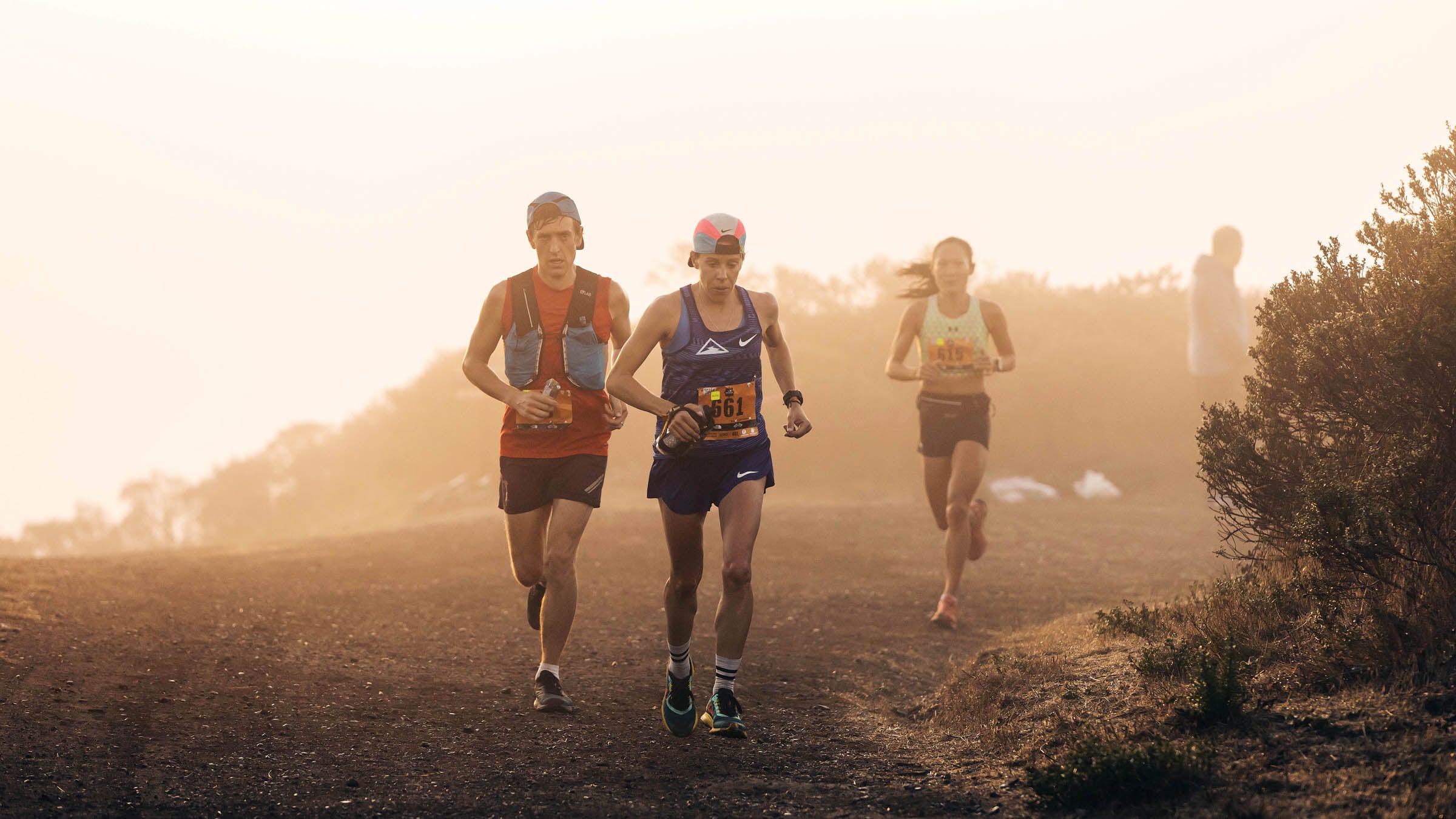How Ultrarunner Addie Bracy Gets It Done

(Photo: Bryson Malone)
Addie Bracy, 34, speaks in a soft and modest manner, while her résumé is anything but soft and modest. She’s a three-time USATF National Champion, a three-time USATF Women’s Mountain Runner of the Year, and a 2:35 marathoner. She holds a course record for the Never Summer 100K. And she had hoped 2020 would give her another shot at Western States Endurance Run, where she came in ninth the year prior.
As a running coach, mental skills consultant, and an advocate for diversity and inclusion in running, Bracy’s demeanor is reassuring. She chooses her words carefully.
“I keep saying the word ‘awareness’ in all my work,” she notices. That’s on purpose. One of the things she asks her athletes to notice is when they are self-sabotaging. She wants them to quit negative self-talk; it’s distracting. “I definitely haven’t mastered it,” she says, “which is evidenced by many of my race results.” It’s a mental game that she thinks more runners need to practice.
“A lot of us are really bad at not buying into every thought that crosses your mind and putting your attention where it’s productive. It’s hard to do. It takes practice,” she says. Bracy is writing a book for coaches and ultrarunners on mastering mental performance, which will come out in the spring of 2021.
“I run 5Ks, I run 10Ks, I run marathons, and everyone just looks at me [like I’m] crazy when I say that running 100 miles is not that much about running,” Bracy says. Ultrarunning requires psychological endurance more than anything else. “Can you endure this moderate discomfort for 24 to 30 hours?”
When she’s not running or writing, Bracy works with her partner, Corey Conner, to expand OUTrun, an LGBTQ+ running group and support network. Through the organization, they work to create awareness around the lack of diversity in the greater running community.
“I didn’t always recognize it,” Bracy says. “Even when I go to trail races now, maybe I’m just in my zone and I’m there to compete and I don’t think about it, but when you look around there’s no diversity whatsoever. I think some people just haven’t looked around.”
In 2019, the OUTrun team spoke at the U.S. Trail Running Conference in Colorado on the best practices for race directors to develop a diverse event, from using inclusive language on their website to marketing to underrepresented audiences. And while many races have been canceled or postponed during the pandemic, Bracy and her team have been making a push for races to take this time to look at their policies. Bracy and her team are also making a push to include more voices from the LGBTQ+ community, particularly transgender athletes, in that conversation.
After all we’ve gone through this year, from fighting a global pandemic and opening eyes to long-standing racial injustices, to watching legislation get passed for and against LGBTQ+ rights, Bracy finds simplistic clarity for life going forward: “At its core, just treating humans equally, regardless. It’s a pretty basic concept and I think when you think about it that way, everybody is kind of fighting for the same thing.”